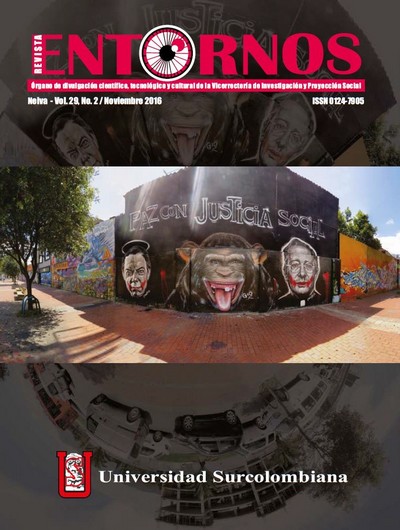Saussure and Chomsky. Langue and I-language
##plugins.themes.bootstrap3.article.main##
Ferdinand de Saussure and Noam Chomsky are considered to be the most influential linguists. In this paper, we contrast their accounts concerning the following issues of language and try to make clear differences between them, mainly referring to Saussure’s langue and Chomsky’s I-language: 1) How concepts emerge, 2) How phonemes appear, 3) How languages change, 4) Where syntax belongs to, 5) Whether language is social or biological, 6) What parts of speech are, and 7) Whether languages are delimited or not. By doing so, it will be understood that in what ways the two linguists have common or different ideas about language.
Descargas
##plugins.themes.bootstrap3.article.details##
Chomsky, Noam. Rules and Representations. Columbia University Press. 1980.
Chomsky, Noam. Knowledge of Language: Its Nature, Origin, and Use. Praeger. 1986.
Chomsky, Noam. Language and Problems of Knowledge. The MIT Press. 1988.
Miura, Tsutomu. Theory of Cognition and Language: Part 1. Keisoshobo. 1967. (in Japanese)
Sampson, Geoffrey. Schools of Linguistics. Stanford University Press. 1980.
Saussure, Ferdinand de. Course in General Linguistics (edited by Charles Bally and Albert Sechehaye with the collaboration of Albert Riedlinger, translated and annotated by Roy Harris). Duckworth. 1983.
Saussure, Ferdinand de. Troisieme Cours de Linguistique General (1910-1911) d'apres les cahiers d'Emile Constantin (Saussure's Third Course of Lectures on General Linguistics (1910-1911) From the notebooks of Emile Constantin, French text edited by Eisuke Komatsu, English translation by Roy Harris). Pergamon Press. 1993.
Trask, R.L. Language and Linguistics, the Key Concepts. 2nd edition. Routledge. 2007.








